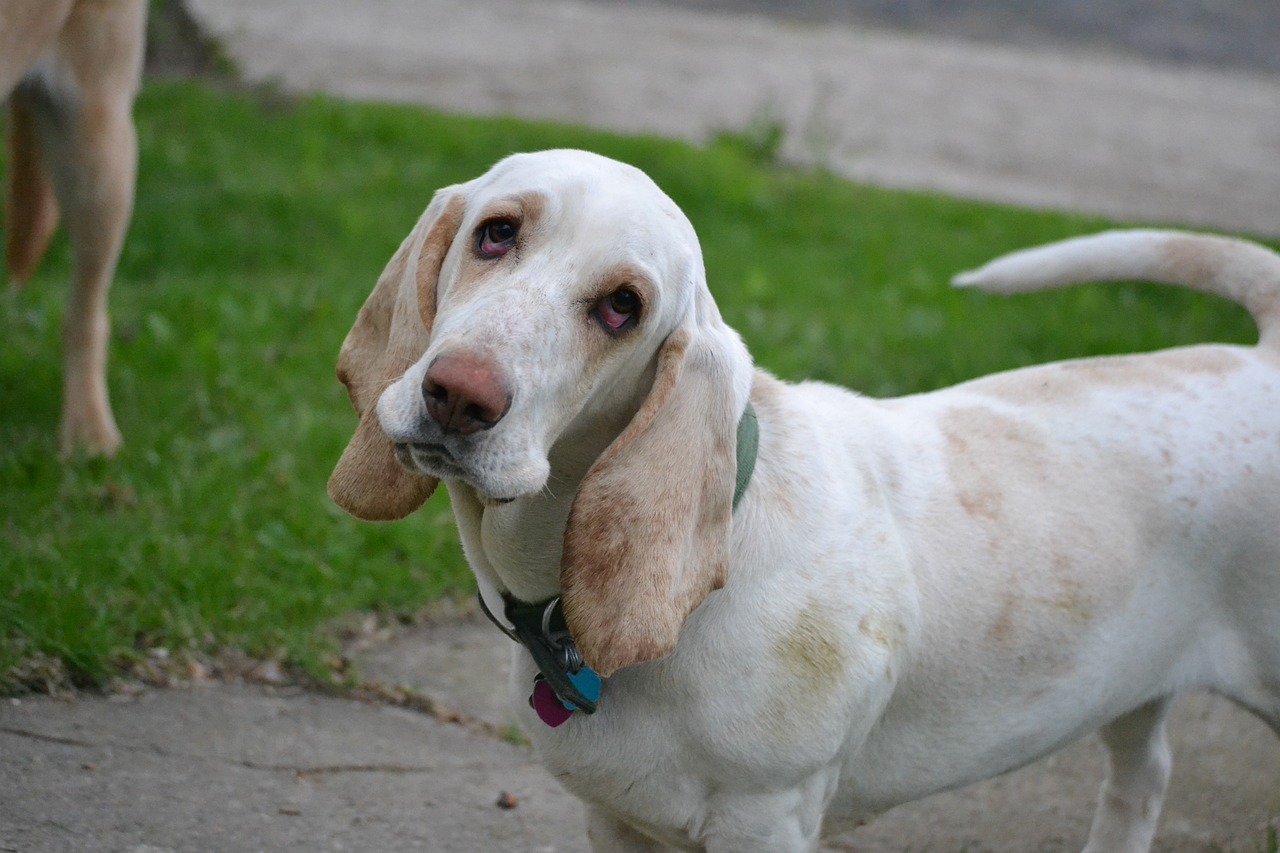For many dog owners, feeding time is a moment of joy and sometimes amusement, as they watch their furry companions indulge in their meals with unparalleled enthusiasm. However, certain dog breeds take their love of food to a whole new level, treating every meal as if it were an all-you-can-eat buffet. These breeds, known for their insatiable appetites, require careful monitoring to maintain a healthy weight and prevent overeating. Whether driven by genetics, a high metabolism, or simply a deep-seated love for food, these dogs will happily devour whatever is put in front of them—and sometimes more. This article highlights 10 dog breeds known for their voracious eating habits, offering insights into their behavior and tips for managing their diets. Understanding these breeds can help owners make informed decisions about feeding routines, ensuring their pets remain happy, healthy, and satisfied without overindulging.
1. Labrador Retriever
Labrador Retrievers are famous not only for their friendly and outgoing nature but also for their love of food. This breed seems to have a bottomless stomach and a keen ability to find food wherever it’s hidden. Labs are prone to obesity because of their eating habits, so portion control and regular exercise are crucial. Their enthusiasm for food makes them excellent candidates for training with food rewards, but owners must be cautious not to overdo it.

2. Beagle
Beagles, with their keen sense of smell, are natural foodies who can sniff out a snack from afar. This breed is known for its persistent pursuit of food, often leading them to raid pantries or garbage cans if given the chance. Beagles require strict dietary management to prevent weight gain, as they will eat just about anything they can find. Despite this, their playful and adventurous spirit means they can burn off some of that energy, provided they get enough physical activity.

3. Golden Retriever
Golden Retrievers are not just friendly and loyal; they’re also enthusiastic eaters who enjoy every bite of their meals. Like Labs, Goldens can be prone to obesity, so monitoring their food intake is necessary. They are highly food-motivated, making training easier, but care should be taken to balance treats with their overall diet. Their love for food is matched by their love for their families, making mealtime an important bonding moment.

4. Dachshund
Dachshunds may be small, but their appetite is mighty. These little dogs are known for their determination, which extends to their pursuit of food. Owners need to be vigilant about their Dachshund’s diet to avoid overfeeding, as this breed can quickly gain weight, especially given their long backs and short legs, which can lead to health issues. A well-structured meal plan and limited treats can help keep a Dachshund healthy and happy.

5. Bulldog
Bulldogs have a laid-back personality but are surprisingly enthusiastic when it comes to food. Their voracious appetite can lead to rapid weight gain, so it’s important to monitor their diet closely. Bulldogs enjoy eating to the point where they often eat too quickly, which can cause digestive issues. Feeding them with slow-feed bowls can help manage their pace and reduce the risk of bloat.

6. Pug
Pugs are charming little creatures with big personalities and even bigger appetites. They love to eat and will often beg for food with their irresistible, expressive faces. Due to their compact size and tendency for weight gain, Pugs require carefully measured meals and limited treats. Regular exercise is also necessary to keep them in shape, as a healthy weight is crucial for avoiding respiratory and joint issues.

7. Boxer
Boxers are high-energy dogs that bring enthusiasm to everything they do, including eating. They have a strong appetite and can consume large amounts of food quickly if allowed. While they burn a lot of energy through play and exercise, portion control is still important to prevent obesity. Boxers benefit from a balanced diet that supports their active lifestyle, with careful attention to how much they’re eating at each meal.

8. Rottweiler
Rottweilers are powerful dogs with a serious appetite to match. They require a diet that supports their muscular build and energy levels but is prone to overeating if given the chance. Proper meal planning and avoiding excessive treats can help maintain a healthy weight, ensuring their longevity and overall health. Rottweilers thrive on a routine, so regular, scheduled meals are best for this breed.

9. Cocker Spaniel
Cocker Spaniels, with their sweet and gentle nature, are also known to have a hearty appetite. They enjoy their food and can become overweight if their diet isn’t managed properly. Cocker Spaniels benefit from regular, portion-controlled meals and plenty of exercises to keep them fit and healthy. Monitoring treatment intake is also essential for this breed, as they are likely to accept any food offered to them.

10. Basset Hound
Basset Hounds, with their distinctive droopy eyes and long ears, are gentle dogs with a strong penchant for food. Their slow metabolism and laid-back nature make them particularly susceptible to weight gain. Basset Hounds will happily continue eating as long as food is available, so it’s crucial to strictly manage their diet and ensure they get enough exercise. Despite their leisurely demeanor, Basset Hounds enjoy short walks and play sessions, which can help manage their weight.

These 10 breeds, with their boundless love for food, remind us of the importance of managing our pets’ diets to ensure they live long, healthy, and happy lives. While their enthusiasm for mealtime can be endearing, it’s up to their human companions to ensure that this zest for eating doesn’t lead to health problems down the line.
 Toledo, United States.
Toledo, United States.